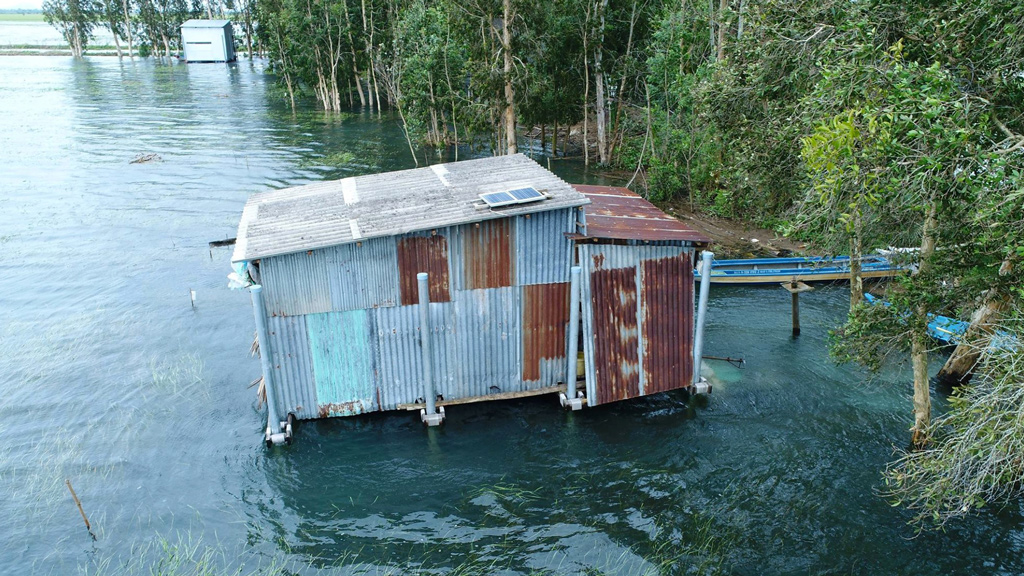WATERLOO, ONT. — A Waterloo School of Architecture professor’s amphibious house research focused on Vietnam is being featured as a Global Best Practice project at Expo 2020 Dubai, which opened Oct. 1 in the United Arab Emirates.
Elizabeth English’s work on the development of amphibious technologies for retrofitting existing homes will be showcased for the month of October in the Opportunity Pavilion, part of the United Nations Hub.
Two videos produced by the BBC – How Amphibious Housing is Transforming Lives, and Keeping Our Heads Above Water – accompany the Waterloo exhibit.
English, the founder and director of the Buoyant Foundation Project, a not-for-profit organization based in Louisiana and Cambridge, Ont., designs buoyant houses for flood-prone areas throughout the world, including south Louisiana, the Canadian north, Jamaica and Vietnam.
The project’s retrofitted structures float on the surface of rising floodwaters and come to rest on the ground as the waters dissipate.
English’s work focuses on retrofitted houses rather than new structures, which she says should not be built in wetlands or on floodplains.
“We need to be supporting the communities of people who have been living in the same place for generations and, in some cases, hundreds of years,” said English in a release. “They deserve to be able to stay in the place they love if they are able to stay there safely.”
The Buoyant Foundation Project has designed several amphibious houses, built two prototypes and retrofitted four houses owned by rice farmers in Vietnam.
The houses in Vietnam were retrofitted with bundled gasoline jugs used to displace water and other floatation devices.
The Buoyant Foundation Project received first place in the sustainable products category of the 2019 Architecture MasterPrize Product Design Award.
Postponed last year because of the COVID-19 pandemic, Expo 2020 Dubai runs from Oct. 1 until March 31, 2022.




Recent Comments